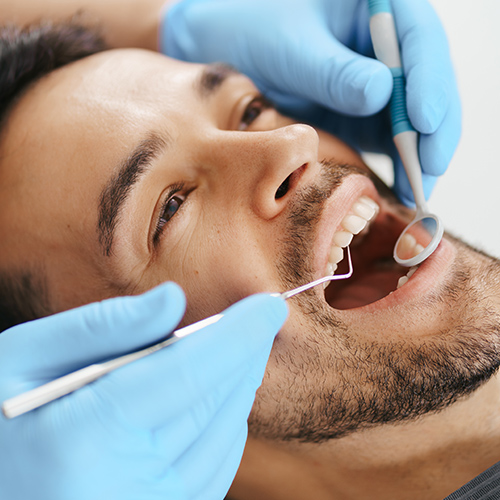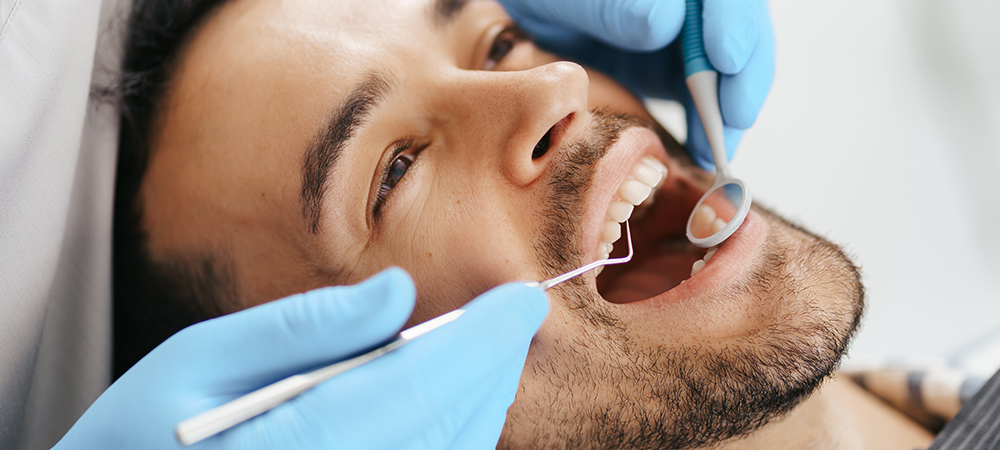How To Prepare For Your Dental Sedation Appointment
A visit to the dentist isn’t comfortable for everyone. Some people panic at an appointment because they fear needles or feel claustrophobic when confined in the doctor’s chair.
Dental procedures can also be difficult if a patient has teeth and gum sensitivity, high gag reflux, and reduced response to local anesthesia. It may also be challenging for a dentist to treat patients with difficulty remaining still.
Dental sedation is a solution to the above issues. It involves using medications to help patients stay calm and feel comfortable at the dentist’s office. Also, since some procedures may be painful, the medications help alleviate this discomfort.

Some dental sedation types a professional may use include laughing gas, nitrous oxide, and general anesthesia. Usually, dental sedation is administered at a moderate level. Therefore, you’ll be awake but have reduced consciousness and awareness.
Some dentists don’t offer dental sedation at their clinics. Consider sedation contracting if yours doesn’t. Facilities that offer sedation contracting can send one of their professionals to your dentist’s office to perform dental sedation.
If you’re undergoing dental sedation for the first time, you might not know what to expect. Therefore, you may not know how to prepare for your procedure. This article aims to make things easier for you. Below are the things you should do when preparing for dental sedation so your appointment goes smoothly:
01. Wear A Comfortable Attire
It’s best to have comfortable attire at your dental sedation appointment. This means wearing loose but well-fitting clothes, closed shoes with no heels, and no jewelry. If you normally put on contact lenses, switch them for eyeglasses.
Since you’ll be awake but with low consciousness and awareness, a comfortable outfit and no jewelry will relax you during dental sedation. Besides, the dentist may need to provide care and monitor your blood pressure. In this case, loose clothing makes their job easier.
A heeled shoe may seem ideal to wear for your appointment. But since you’ll be sedated, the footwear could cause you to trip and fall if you need to move during or after the procedure. On the other hand, contact lenses may be uncomfortable because you might want to close your eyes or nap during dental sedation.
02. Find Someone To Drive You Home
Finding a trusted friend or relative to drive you home after your appointment is best. Usually, it isn’t safe to operate a vehicle or heavy machinery after undergoing some dental sedation types.
Some common side effects of anesthesia include fatigue and confusion, which may last from a few hours to a day. So, most dentists will advise you to refrain from operating a car or heavy machinery for 12-24 hours.
Intravenous (IV) and oral sedation also have after-effects that might last longer after dental procedures. In such cases, it’s best to have someone you trust to take you home after your appointment.
On the other hand, if you choose nitrous oxide for dental sedation, the effects will likely wear off faster. Before your appointment, call your dentist to confirm your preferred type of dental sedation. The professional will advise you if you need assistance getting home after your appointment.
03. Limit Food And Drinks
You may need to limit food and drinks before your procedure. However, it’ll depend on the type of dental sedation you’ll receive. For example, if you’ll be undergoing IV sedation, your dentist will advise you not to eat for several hours before your procedure. They may also advise against drinking anything for a set period before your appointment.
If you’re receiving nitrous oxide, your dentist may suggest you eat a small amount of food before your procedure. This will prevent nausea or vomiting afterward.
Consider calling your dentist before your appointment to confirm the type of dental sedation you’ll be undergoing. Also, ask about the limitation regarding food and drinks. Don’t forget to notify them of any medications you must take with liquids so that they can appropriately guide you.
Following the instructions will help you avoid unpleasant or severe side effects and complications after your procedure.

Final Thoughts
Some people don’t look forward to dental procedures for several reasons. It may be because they have reduced anesthesia response, experience claustrophobia, or fear needles and pain. Dental sedation helps patients feel calm and comfortable at the dentist’s office. This way, the doctor can perform the required procedure smoothly and more successfully.
If you’ve never undergone dental sedation, you might not know how to prepare for the procedure. The tips offered in this article will help you prepare for sedation dentistry to make things easier. As advised, you should wear comfortable attire, find someone to drive you home and limit food and drinks. If you need further clarification before your appointment, don’t hesitate to call your dentist beforehand.
References:
https://my.clevelandclinic.org/health/treatments/22275-sedation-dentistry
https://dansvilledental.com/6-reasons-consider-sedation-dentistry/
https://www.drlinger.com/blog/sedation-dentistry-appointment
https://maxxdental.com/tips-to-prepare-for-your-dental-sedation-appointment/
https://www.dentalbrothers.com/what-to-do-before-dental-sedation/
https://sedationdentalcare.net/blog/how-to-prepare-for-your-dental-sedation-appointment/
https://www.mackenziedentalcentre.com/blog/getting-ready-for-a-sedation-dentistry-procedure

